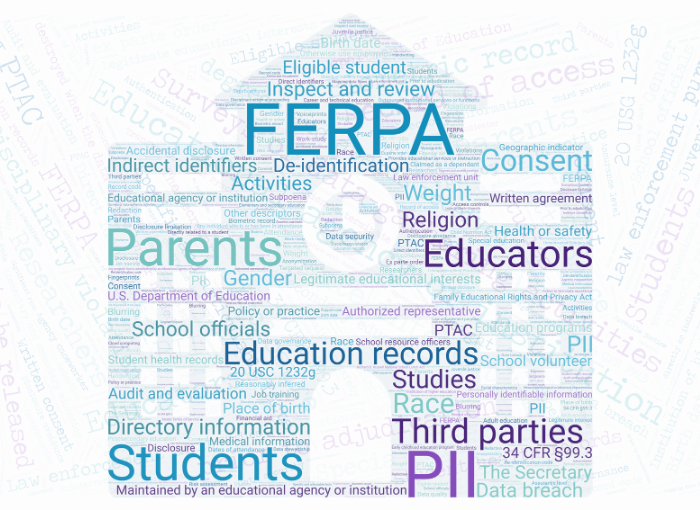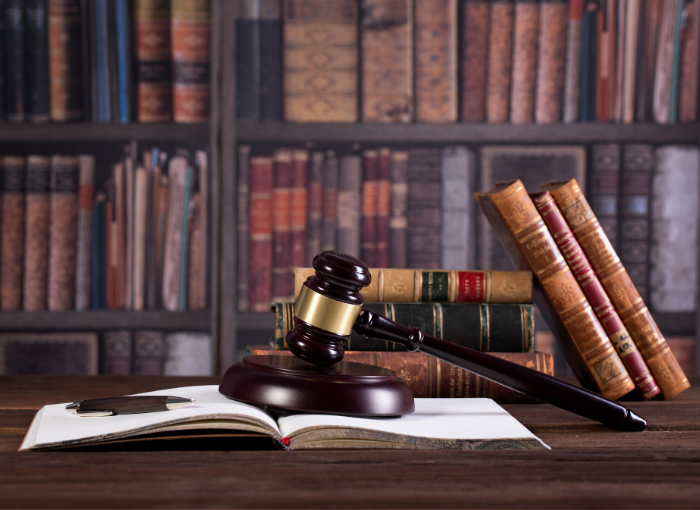Well-Designed Student Privacy Bills
The Pillars of Well-Designed Student Privacy Legislation June 2024 Jessica Arciniega, Katherine Kalpos, Morgan Sexton, and Amelia Vance CC BY-NC 4.0 Introduction Over a decade ago, a wave of state student privacy bills arose on the heels of high-profile data breaches and growing concerns about privacy in general. In 2014, 36 states introduced 110 student privacy bills, with a high-water mark of 180 student privacy bills introduced in 49 states in 2015.1 Since then, over a thousand student privacy bills have been introduced in all 50 states, 146 passing into law. 2 Much of the earlier legislation reiterated provisions […]
Well-Designed Student Privacy Bills Read More »










